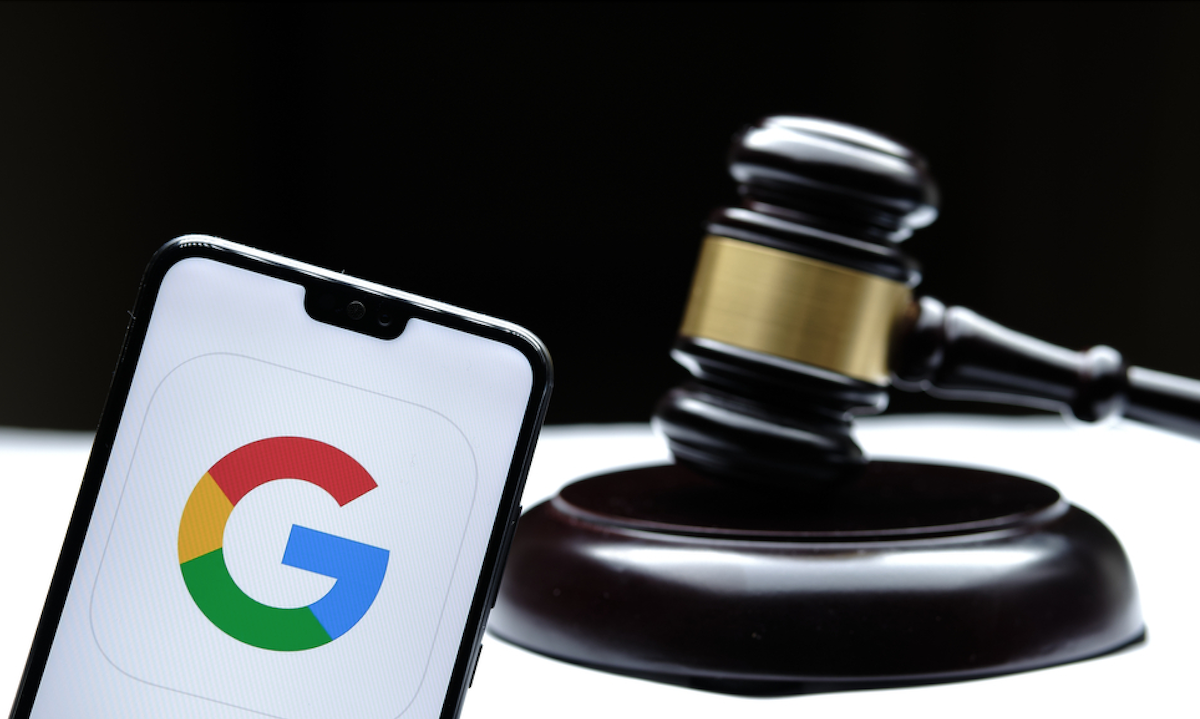DOJ Warns Google Could Use AI Tools to Extend Search Monopoly As Antitrust Remedies Trial Begins

As hearings got underway Monday in the remedies phase of the Justice Department’s successful antitrust lawsuit against Google over its dominance of online search, DOJ lawyer David Dahlquist told the court in opening arguments that strong measures are needed to make sure Google cannot leverage its artificial intelligence products to further extend its search-engine monopoly.
“This court’s remedy should be forward-looking and not ignore what is on the horizon,” Dahlquist said, according to reports from inside the courtroom. “The time to tell Google and all other monopolists who are out there listening, and they are listening, that there are consequences when you break the antitrust laws.”
U.S. District Judge Amit Mehta ruled in August that Google illegally used its market power to crush search-engine competitors and maintain its monopoly. He is now considering proposals from each side as to appropriate remedies to restore competition to the search market.
DOJ, which was joined in bringing the case a bipartisan group of state attorneys general, has proposed forcing Google to divest its Chrome browser and barring it from paying mobile phone makers to make Google the default search-engine on their devices. If that fails to restore competition within five years, the government further urges the court, Google should also be made to sell its Android mobile operating system.
In his own opening statement, Google attorney John Schmidtlein called those proposed remedies “extreme” and “fundamentally flawed,” according to the reports.
Read more: Google to Appeal Partial Ruling in DOJ Antitrust Case
“Google won its place in the market fair and square,” Schmidtlein said, according to the Washington Post, adding that the government’s proposals “will reward competitors with advantages they never would have earned in a market where Google competed.”
Google vowed last year to appeal Judge Mehta’s ruling once the remedies phase is finished and proposed far more modest steps, such as providing browser makers with more flexibility in selecting a search engine to incorporate and allowing Android device makers to pre-load more search engines on phones and tablets.
Google share of the search market has fallen in recent years, from nearly 90% in 2020 to closer to 80% today, as AI-powered competitors such as OpenAI’s SearchGPT and Perplexity AI, both of which are expected to testify in the case.
However, Google has also become a major player in so-called retrieval augmented search (RAG), which combines a large language AI model with traditional search technology. Its Google Overviews summaries now appear at the top of its search results pages.
DOJ and the states are concerned that Google’s leading position in AI could allow it to once against crowd out potential competitors in AI-powered search.
“I think ChatGPT is doing just fine without any of the remedies in the case,” Schmidtlein answered.
Source: The Washington Post
Featured News
Meta Lawyers Try to Undercut Instagram Co-Founder’s Damaging Testimony
Apr 23, 2025 by
CPI
Tyson Foods, Others Settle Pork Price-Fixing Suit for $64 Million
Apr 23, 2025 by
CPI
NJ Sues RealPage, Landlords Over Rent Collusion
Apr 23, 2025 by
CPI
DOJ Probes Disney’s FuboTV Acquisition Over Antitrust Concerns
Apr 23, 2025 by
CPI
Former LG New Zealand Executives Plead Guilty Over Deleted Messages
Apr 23, 2025 by
CPI
Antitrust Mix by CPI
Antitrust Chronicle® – Mergers in Digital Markets
Apr 21, 2025 by
CPI
Catching a Killer? Six “Genetic Markers” to Assess Nascent Competitor Acquisitions
Apr 21, 2025 by
John Taladay & Christine Ryu-Naya
Digital Decoded: Is There More Scope for Digital Mergers In 2025?
Apr 21, 2025 by
Colin Raftery, Michele Davis, Sarah Jensen & Martin Dickson
AI In the Mix – An Ever-Evolving Approach to Jurisdiction Over Digital Mergers in Europe
Apr 21, 2025 by
Ingrid Vandenborre & Ketevan Zukakishvili
Antitrust Enforcement Errors Due to a Failure to Understand Organizational Capabilities and Dynamic Competition
Apr 21, 2025 by
Magdalena Kuyterink & David J. Teece